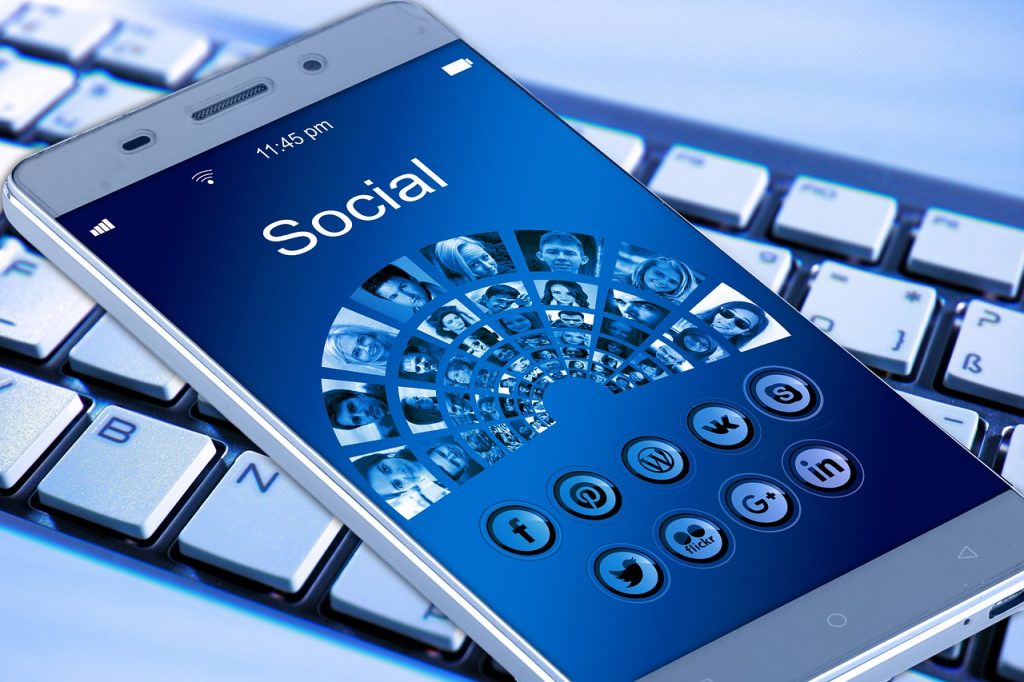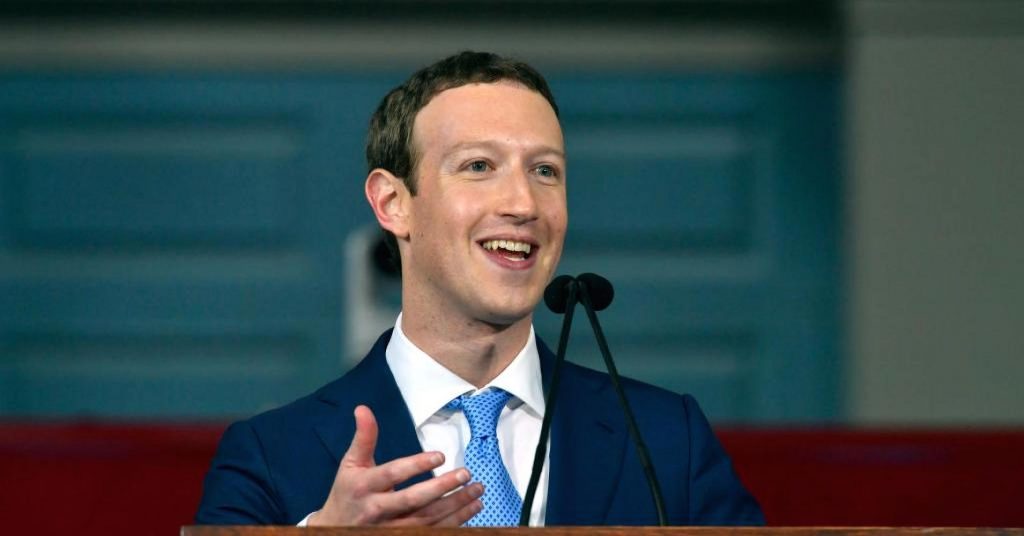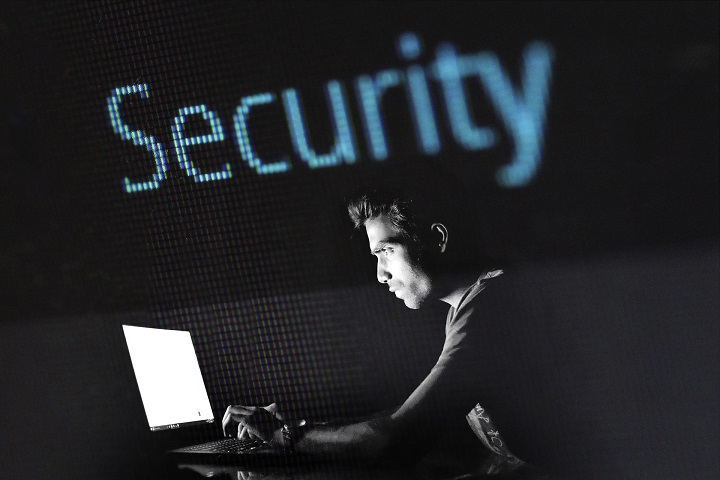Why are People Addicted To Social Media?
One of the many dangers presented by social media is the addiction that manifests in its users. We see this on a daily basis: one or two of your friends post and monitor the social media site they are on so much that it affects their performance in school or at work. In fact, so much so that according to Work Report’s TeamLease in 2016, of the time people spend on social media during work hours, 32% of that is used for personal motives and social media indulgence results to a 13% loss of a person’s total productivity. Also, out of a hundred people, 62 of them access social media while working, 83% of those 62 browse Facebook. Another study, made in 2009, showed that people who are heavy social media users are less skilled in multitasking than people who are less invested in social media. So why is this? Why are people becoming so addicted to social media that they let it affect their work and skills?
Your Brain on Social Media
The secret lies in the brain. When people engage in any form of socializing, the brain releases a chemical called dopamine, which is the same chemical released by our brain when people engage in vices like smoking, drinking, and gambling. And this is truer when socializing is done over technology. Dopamine is very, very, addicting.
Dopamine plays a complex role. The initial study was that it is the “reward” chemical. But later on, it was discovered that dopamine has very little to do with rewards. According to a study done in the 1990’s, when an animal starts to expect the rewards via a prediction, dopamine starts to affect them less. For example, you feel so happy when you earned your first paycheck. But as the months pass, getting your salary doesn’t feel as good as it was before as they’re always expected every 15th or 30th.
In 1998 it was also discovered that dopamine may also be more related to addiction, rather than pleasure. According to the study, dopamine makes people seek pleasure. It doesn’t just please or make us feel good, it makes people “want” and causes our behaviour to be goal-directed. It controls our motivations, telling us what we want, thus affecting our goals in life. Using our earlier example, this is when people start using their salaries for other stuff: paying debts off, buying new stuff, saving up for something big. And doing those things makes us feel good, thus we seek more.
The Me-llenials
Then you make this technology available coinciding with the most narcissistic and depressed generation of all, the Millenials, and you get a recipe for disaster. Now they’re all wired to want more what makes them feel good just to forget their depression. This is why social media exploded since Friendster. By 2016 90% of Millenials are hooked on the internet.
The Medicine
This addiction is dangerous, not just because of the drop of this generation’s productivity, but also the inherent dangers that social media presents when you sign up for it. Social media requires you to present yourself, your identity to everyone on the internet. And many people are finding this so addictive they post really personal things about themselves. Soon everyone forgot the safety of anonymity and takes pleasure in “being liked for who they truly are.” This is why unfollowing and unfriending causes so much drama between users.
Now posting about your true self on the Internet is dangerous, especially when you are in a generation that doesn’t take too kindly of people who have a different opinion. Doxing, for example, is a technique that people use to shame or scare others bu using their personal information, for example: posting where someone lives. And because of social media, this has become very easy to do.
Ironically it is this harm that seems to be the cure for the addiction. When Facebook was revealed to have been very uncareful with their users’ data, a lot of people deleted their profiles. People being reminded that their social media addiction makes them easier targets for harassment and physical attacks in an extreme way seems to be a good way to cure the addiction.


